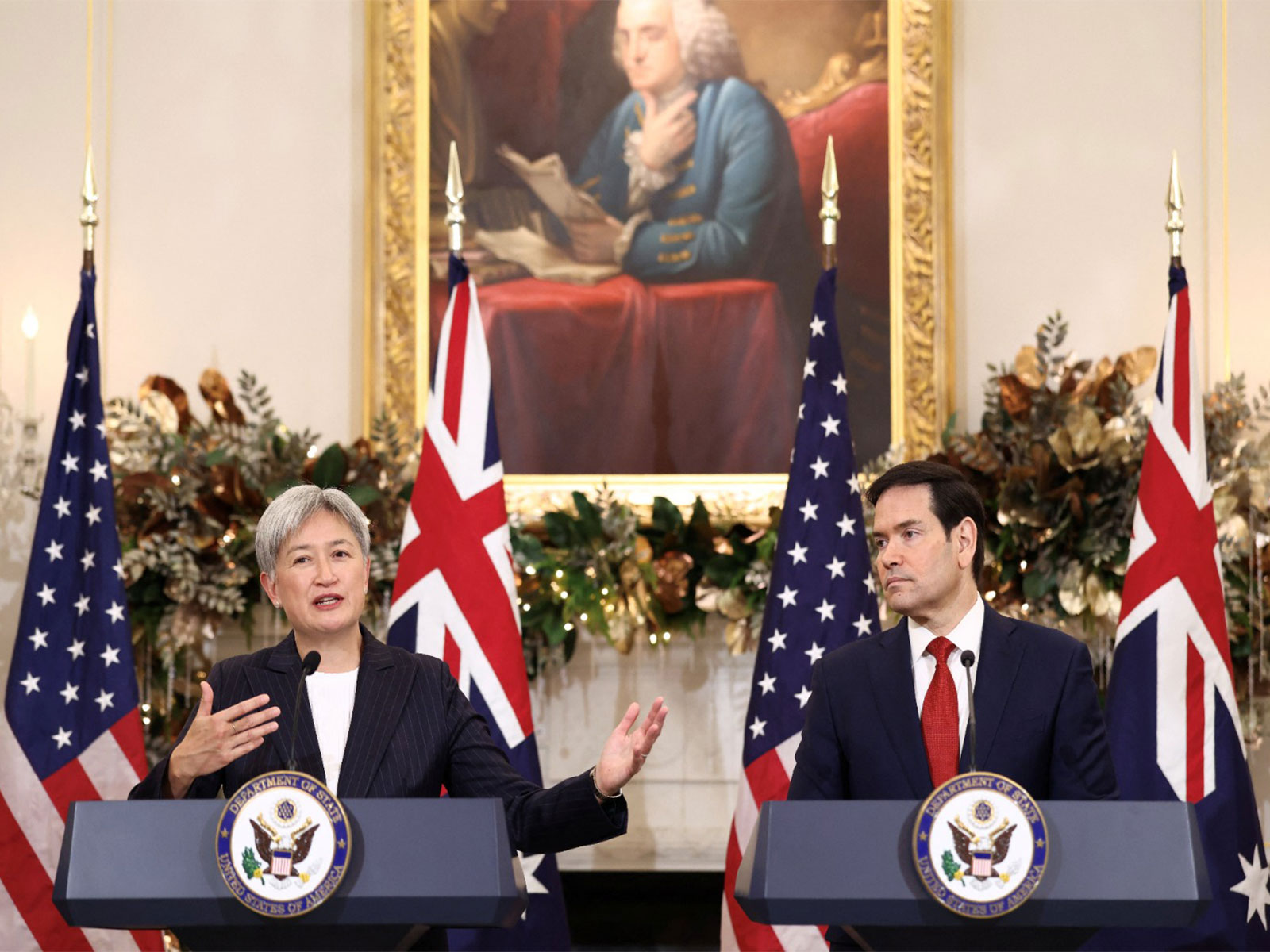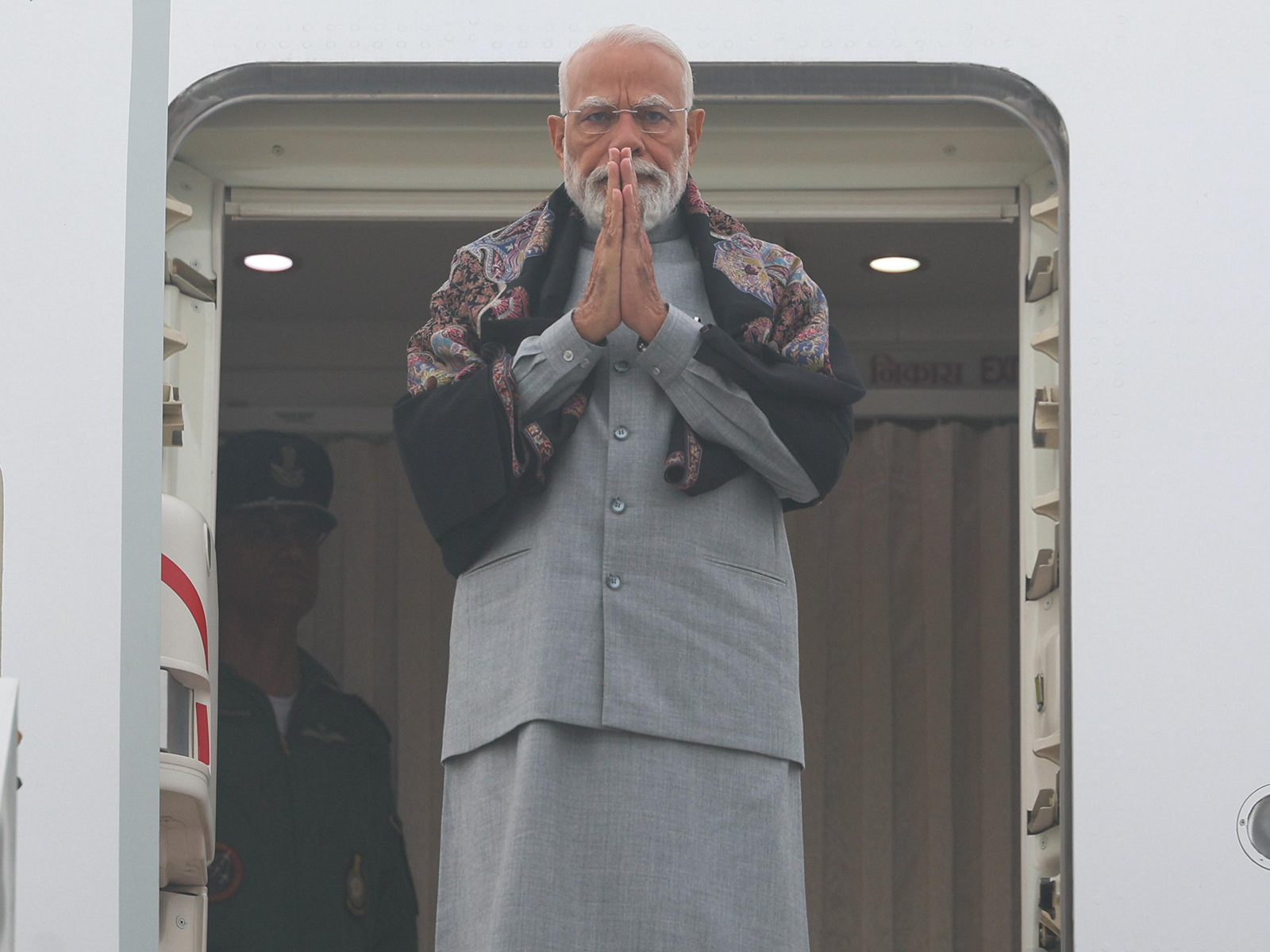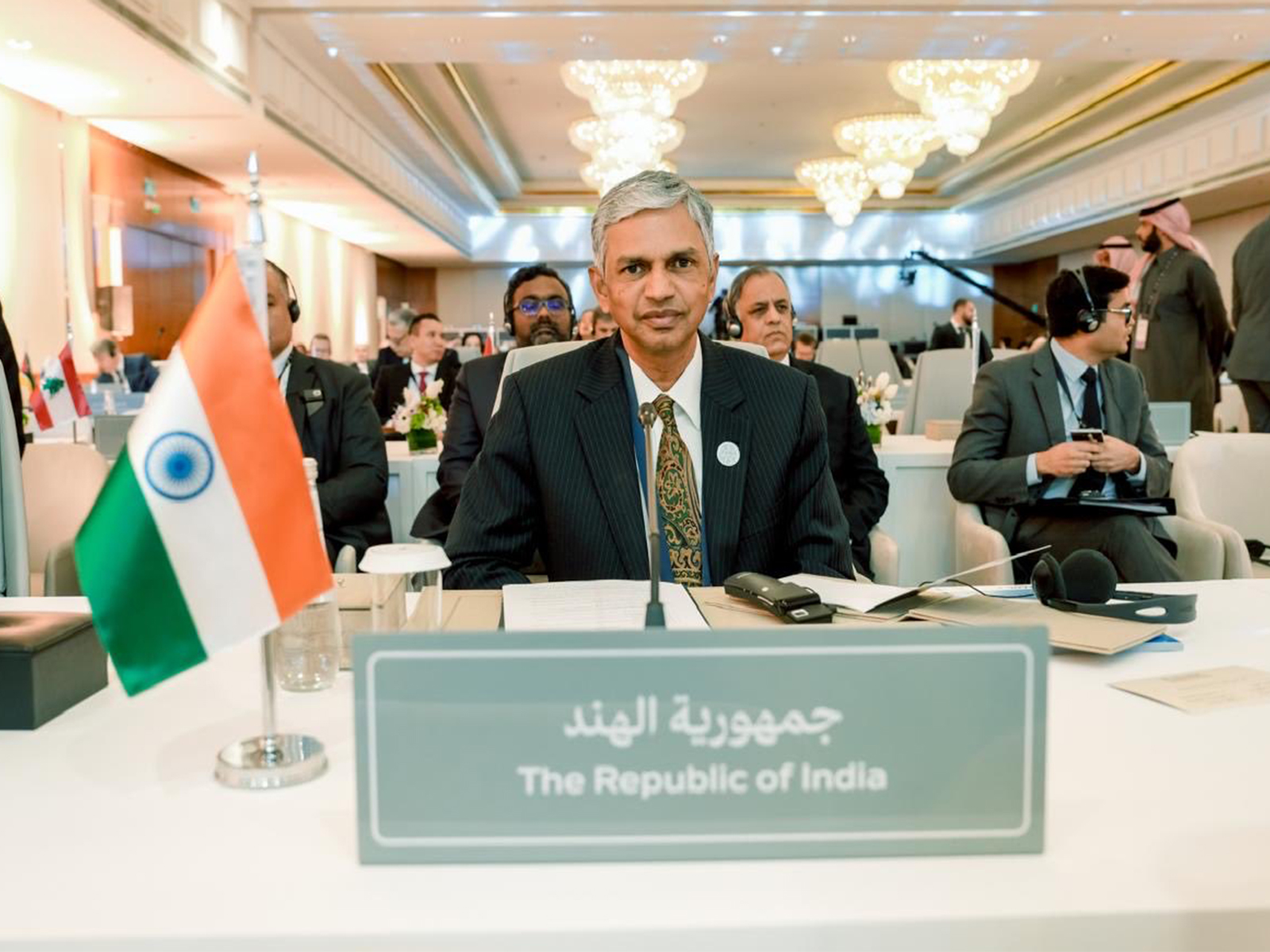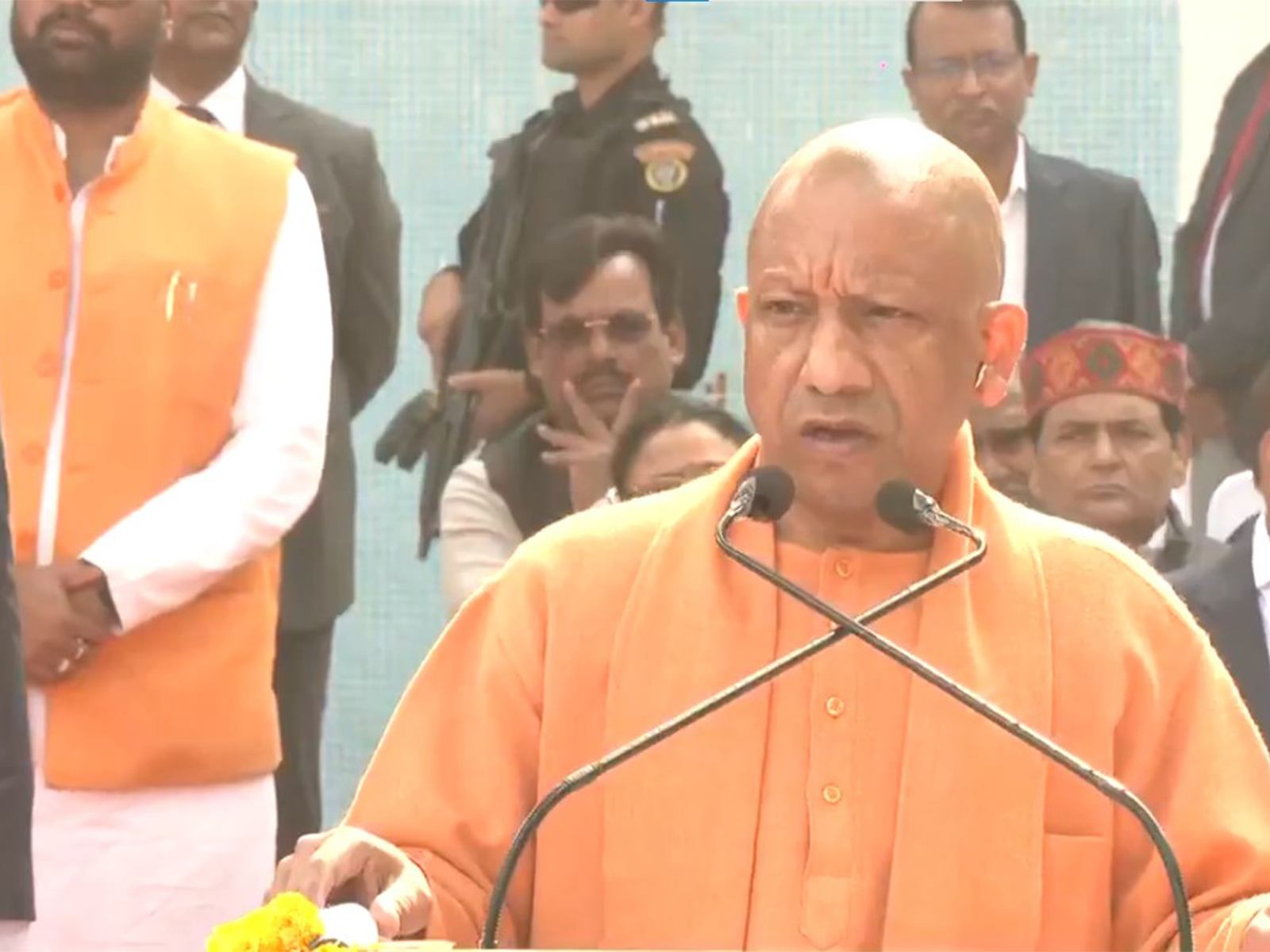IMF asks China to boost vaccinations, recalibrate COVID strategy
Nov 24, 2022

Washington [US], November 24 : The International Monitory Fund (IMF) has asked China to ramp up its COVID-19 vaccinations while stressing the need to recalibrate the strategy to deal with the virus to address challenges arising from the property sector, and slowing global demand.
This recommendation came after an annual review of China's economic policies which saw virtual discussions between the IMF and several senior policy officials on reform progress and challenges, and policy responses.
IMF noted China weathered the initial impact of the pandemic. However, China's growth has since slowed and remains under pressure amid recurring COVID outbreaks, deep challenges in the property sector, and slowing global demand.
"Under the zero-COVID strategy, China weathered the initial impact of the pandemic well, allowing the economy to recover swiftly from the early-2020 lockdowns and to expand the global supply of medical goods and durable goods significantly at a critical time for the global economy. However, China's growth has since slowed and remains under pressure amid recurring COVID outbreaks, deep challenges in the property sector, and slowing global demand," said IMF's First Deputy Managing Director, Gita Gopinath.
"Although the zero-COVID strategy has become nimbler over time, the combination of more contagious COVID variants and persistent gaps in vaccinations have led to the need for more frequent lockdowns, weighing on consumption and private investment, including in housing," she added.
According to the global lender, the regulatory tightening in the property sector, while well-intended to rein in high leverage, has added to severe financial strains for developers, leading to a rapid slowdown in housing sales and investment, along with a sharp decline in local government land sale revenues.
This slight rebuke of China's covid policy comes as the country's growth is projected at 3.2 per cent for 2022, increasing to 4.4 per cent in 2023 and 2024, under the assumption that the current zero-COVID strategy will be gradually and safely lifted in the second half of 2023.
"Risks remain tilted to the downside, with the economy facing external headwinds from a global slowdown, a further rise in energy prices, and further tightening in global financial conditions. Domestically, recurring COVID outbreaks and lockdowns and ongoing challenges in the property sector remain key risks," the IMF Deputy MD said.
"Going forward, a further recalibration of the COVID strategy should be well prepared and include boosting the pace of vaccinations and maintaining it at a high level to ensure that protection is preserved," she added.




















